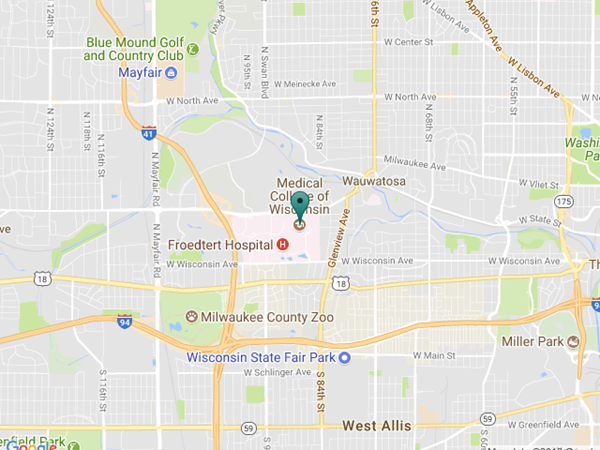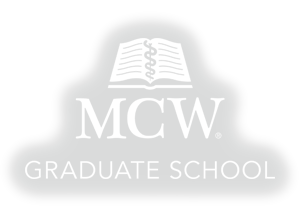Master of Public Health Program at the Medical College of Wisconsin
The MPH Program offers online coursework toward a 42-credit Master of Public Health degree, a 12-credit Graduate Certificate in Public Health, a 12-credit Graduate Certificate in Community Health Assessment and Planning, and a 12-credit Graduate Certificate in Population Health Management. Students may also enroll in courses as non-degree-seeking students. Courses are offered in a convenient, distance-learning format; all can be completed online.

Begin Your Journey to a Master of Public Health

MPH and DrPH Programs Receive Maximum 7-Year Reaccreditation by the Council on Education for Public Health
Please contact Kim Contardi at kcontardi@mcw.edu, if you would like a copy of the accreditation report and final self-study.
Earn Your Bachelor's Degree and Master of Public Health in Just 5 Years
Students in the program learn to tackle pressing public health challenges and develop critical skills and public health competencies through a comprehensive curriculum and real-world projects, all while saving on time and cost.
Mission
Vision
About the Master of Public Health Program
Established in 1986, the MPH Program is housed within the Institute for Health & Humanity, and has had a successful history of helping students reach their educational goals:
Goals of the MPH Program
Education
- Foster interdisciplinary learning in an inclusive environment for students and faculty of diverse backgrounds, interests, and experiences.
- Recruit and retain a diverse faculty and student population.
Service
- Partner with communities to address current and emerging public health issues.
Research
- Promote faculty and student scholarship and research that reflects the priorities of the communities, offers evidence-based public health knowledge and solutions, and advances the field of public health.
Why Join the Master of Public Health Program at MCW?
Important Dates
If prospective students wish to begin coursework during a particular semester, the following application deadlines apply:
- Fall term - July 1
- Spring term - November 1
- Summer term - April 1
Master of Public Health Program Details
Admissions Requirements
Application Information
The Master of Public Health Degree Program is an online, graduate program designed to meet the needs of individuals who hold a bachelor's degree and are interested in public health. Courses are offered through a web-based learning management system and can be taken on a full-time basis. Both degree and non-degree graduate educational opportunities are offered.
Application Deadlines
Applications are received and reviewed all year long, and students may enroll in the program at the beginning of any semester: fall, spring or summer. See Important Dates for specific semester application details.
Application Instructions
View application instructions for the Master of Public Health Degree, Graduate Certificates, and Non-Degree Seeking options on the Graduate School Website.
Current Students
Prospective Students
Frequently Asked Questions
Program Specific Questions:
Application Specific Questions:
MCW Specific Questions:
Academic and Student Services
-
Student Services
Review information regarding financial aid, health and wellness, student inclusion, MCW libraries, and more.
LEARN MORE -
Tuition and Fees
Review financial aid and tuition information by school and program.
Financial Aid -
Academic Consultation
We support student success by assisting with a broad array of student needs and concerns. These include the acclimation to increased academic demand and navigation of institutional policies and requirements.
Get a Consult
Contact Us
Master of Public Health
Medical College of Wisconsin
Institute for Health & Humanity
8701 Watertown Plank Rd.
Milwaukee, WI 53226
Program Manager II, Master of Public Health (MPH) and Certificate Programs
mph@mcw.edu
Sarah Curry-Link, MEd
Program Manager I, Master of Public Health (MPH) and Certificate Programs
mph@mcw.edu




